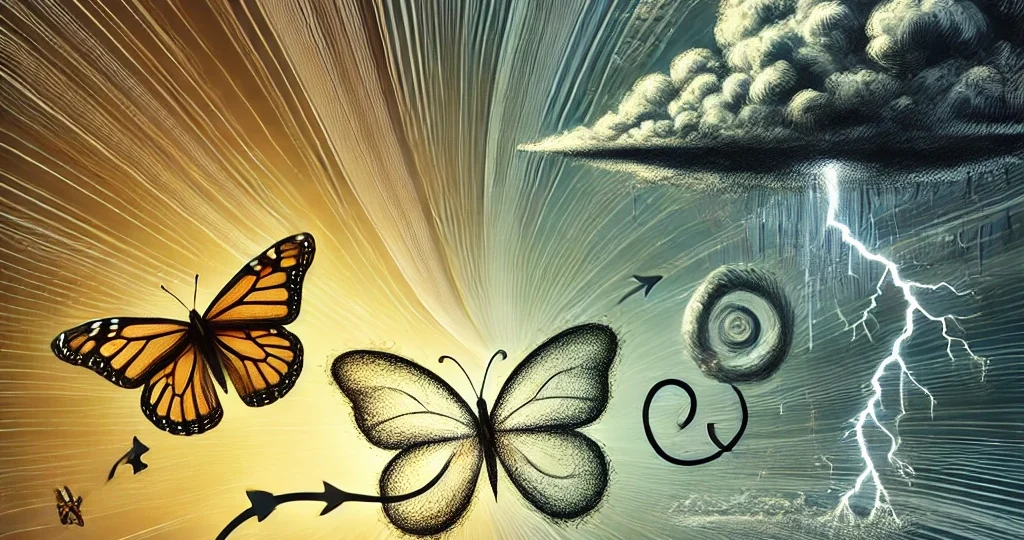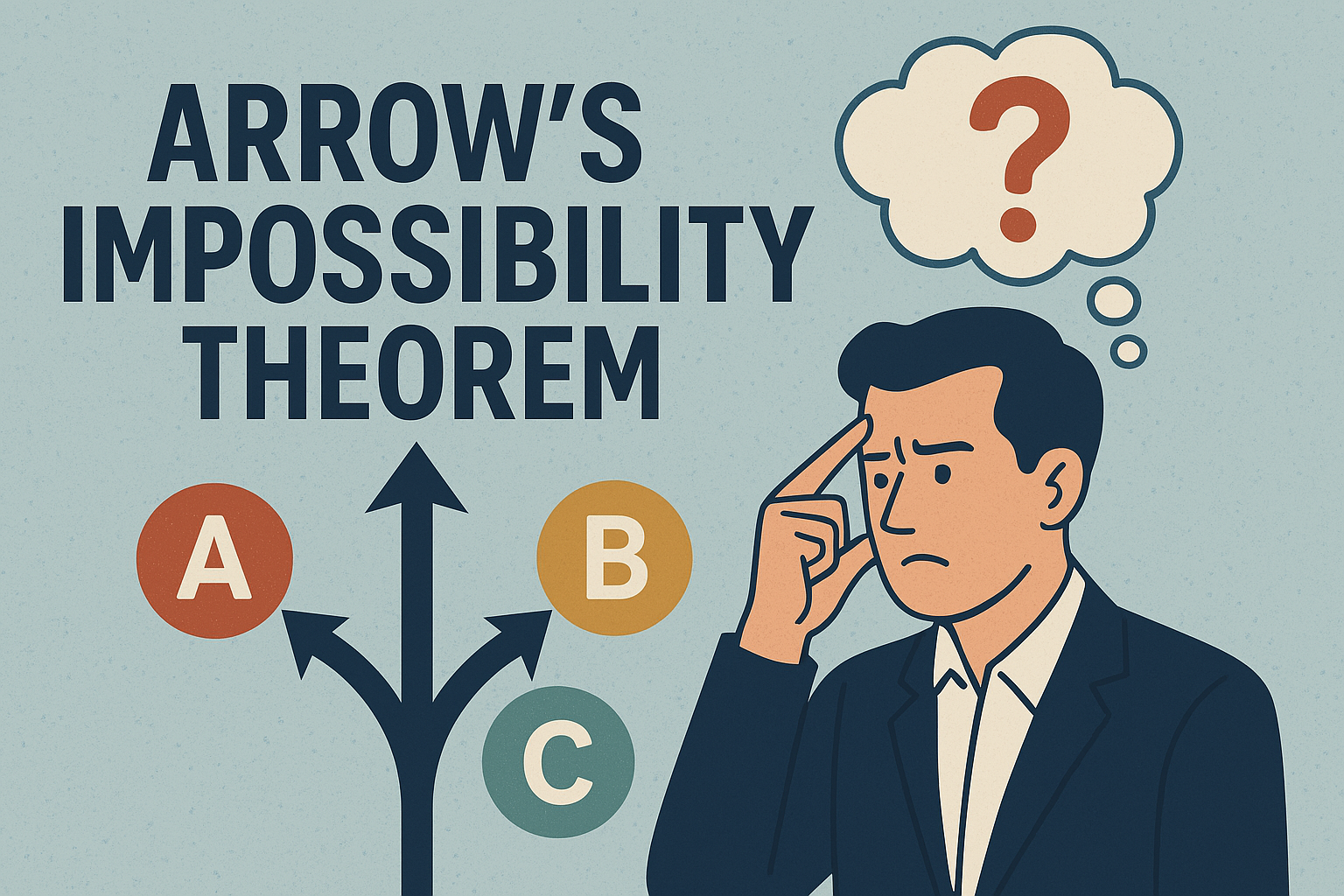The Butterfly Effect: How Small Actions Create Big Changes
March 20, 2025 | by Venkat Balaji

I know guys. I’m sure many of you guys have heard about this before. However, let’s look into it deeper. The butterfly effect is very simple. It’s the belief that a simple thing like a butterfly flapping its wings in one part of the world could cause a big thing like a hurricane somewhere else. It hopes to explain how tiny changes can lead to massive consequences over time.
So, how does this effect come into existence? The Butterfly Effect was first introduced by Edward Lorenz, a meteorologist and mathematician, in the 1960s. While working on weather prediction models, he discovered something surprising: even the smallest difference in initial conditions—like rounding a number from 0.506127 to 0.506—could lead to wildly different outcomes. This led him to realize that small changes can snowball into massive effects, making long-term weather predictions nearly impossible. He used the metaphor of a butterfly’s wings altering the course of a storm to explain this unpredictable chain reaction.
While it started as a concept in chaos theory (maybe more on that later), the Butterfly Effect applies to every part of life. Imagine if you missed your bus one morning, decided to take a different route, and ended up meeting someone who became your best friend. Or think about how a simple act of kindness—like smiling at a stranger—might brighten their day, leading them to be kinder to others. These small, seemingly insignificant moments can create ripple effects that change lives in ways we never anticipate.
However, it can be more serious than the examples I gave before. A real-world example is how one decision changed history: In 1914, one wrong turn led to the assassination of Archduke Franz Ferdinand, sparking World War I. The driver of the Archduke’s car mistakenly took a different route, putting him directly in front of his assassin, Gavrilo Princip. A simple navigation error contributed to one of the most devastating conflicts in history.
What does this teach us? It teaches us how even the smallest choices matter; they can lead to unexpected and significant changes in our lives. While we may not always see the immediate impact, our actions can set off a chain of events (good or bad) we can’t always predict.
RELATED POSTS
View all


